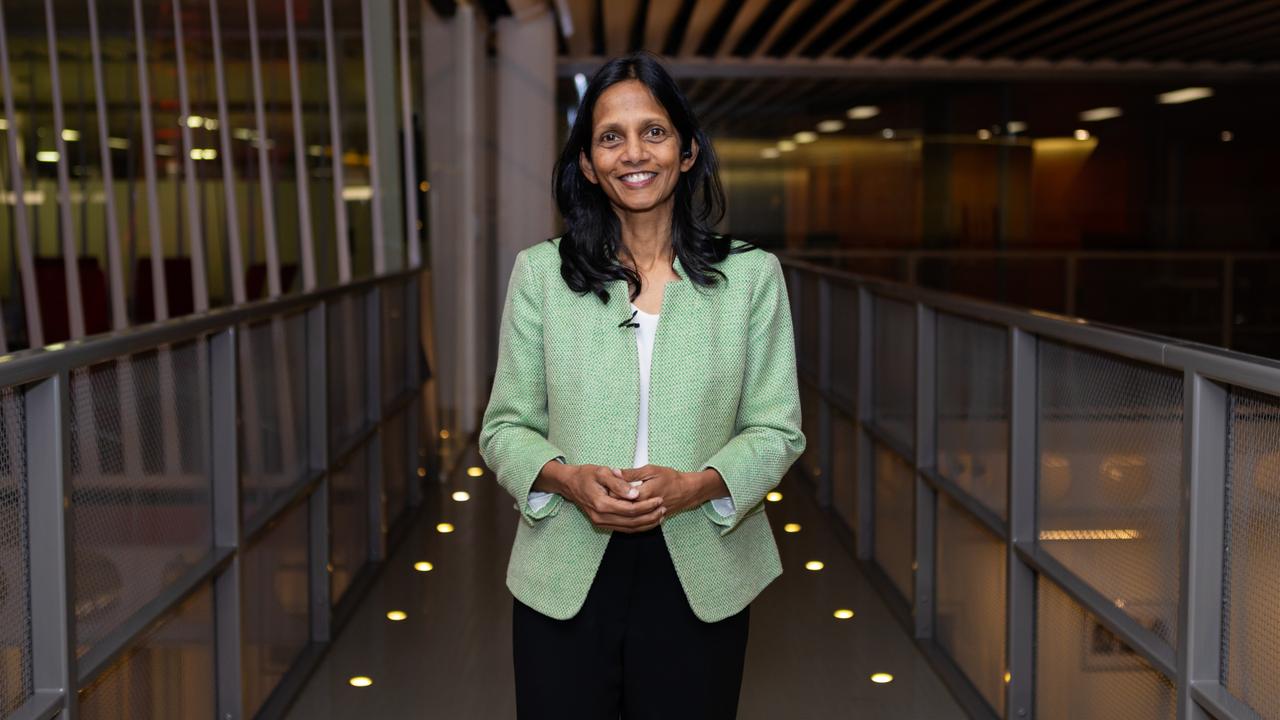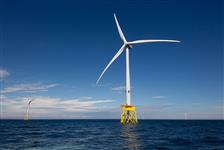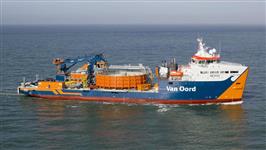
Macquarie CEO Affirms Viability of Wind Industry Despite Challenges
Posted 10/11/2023 13:55
Shemara Wikramanayake, CEO of Macquarie Group Ltd, expressed confidence in the continued viability of the wind industry despite recent challenges faced by major renewable energy companies. Speaking at the Bloomberg New Economy Forum in Singapore, Wikramanayake stated that the wind industry had successfully reduced costs to become competitive with alternatives. Although there has been a retracement due to higher costs and tougher markets, she emphasized that the industry remains economically viable.
Investors in renewable energy assets have experienced significant losses, with the S&P Global Clean Energy Index declining over 30% this year, led by sell-offs in wind giants like Orsted A/S. The wind industry is grappling with increased borrowing and component costs, making it challenging for developers and suppliers to secure financing at profitable margins. Orsted, the world's largest offshore wind farm developer, has announced the cessation of some U.S. projects following a third-quarter net loss.
While acknowledging the challenges, Wikramanayake highlighted that the recent UK renewable energy auction did not attract bids at £44 per megawatt hour due to increased costs. However, she noted that the wholesale price of energy in the UK is around £80 per megawatt hour, suggesting that the industry can afford to go to £50 for offshore wind and still be economically viable.
Despite short-selling activities and concerns among ESG investors, Wikramanayake remained optimistic about the wind industry. She acknowledged the reversal of some cost benefits but emphasized that it is not the end of the world. Hedge fund managers are actively betting against the wind industry, anticipating further losses and a recovery that may take years.
Global offshore wind cumulative capacity is expected to experience eightfold growth by 2035, according to BloombergNEF analyst Chelsea Jean-Michel. However, countries implementing the technology face challenges such as rising costs and supply-chain bottlenecks.
Wikramanayake pointed out that the U.S. Inflation Reduction Act (IRA) is facing delays due to permitting issues, lack of grid infrastructure, and guidelines. While acknowledging the positive impact of IRA subsidies, she emphasized the need for additional support to facilitate widespread adoption.
Mark Carney, Chair and Head of Transition Investing at Brookfield Asset Management, referred to the IRA as a "game changer" during the panel discussion. He highlighted its predictability over the next decade, driving substantial investment with the potential to reach $3 trillion.









